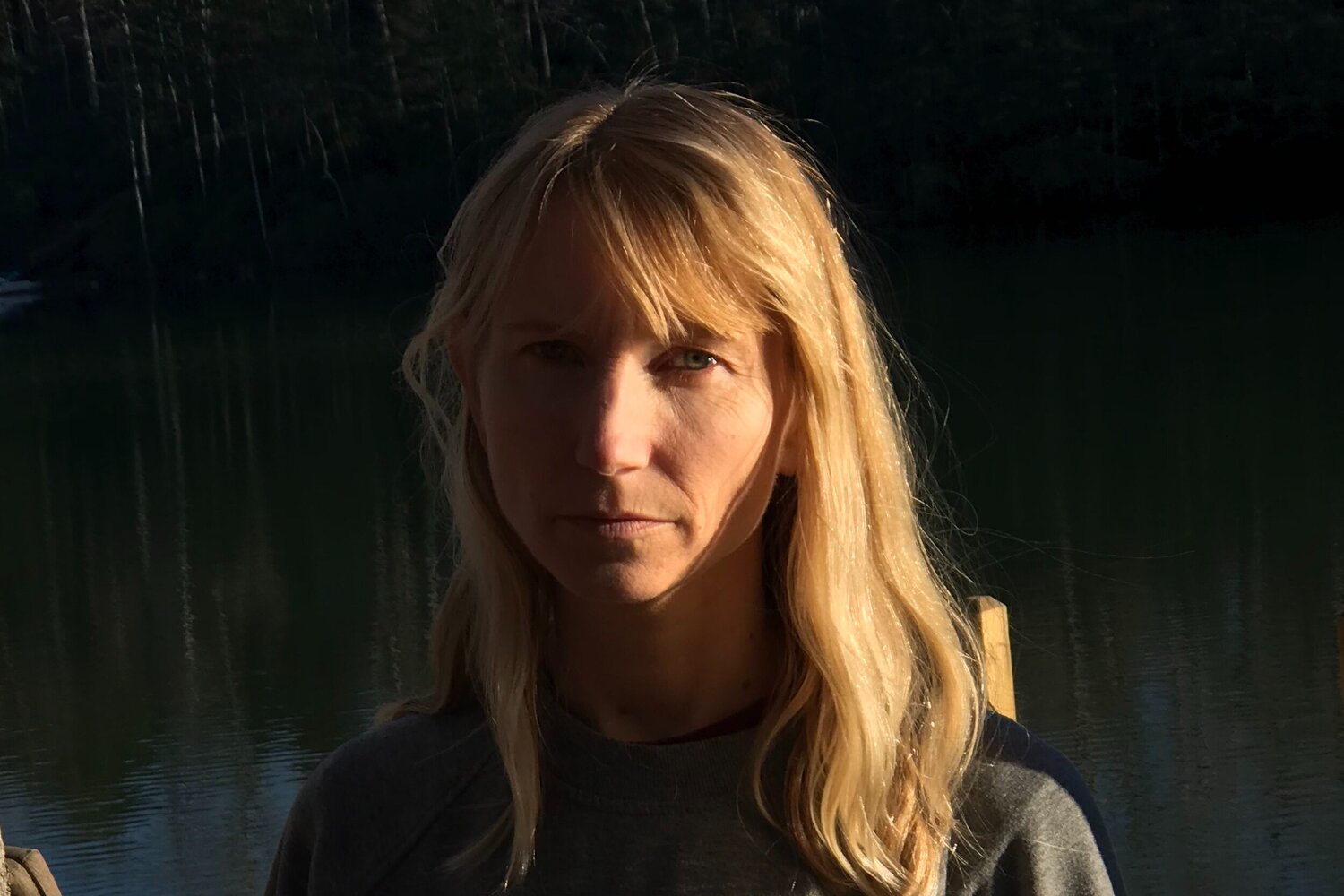
Paperback, 84 pgs.
I am an Amazon Affiliate
Words We Might One Day Say by Holly Karapetkova pushes the boundaries of reality, incorporating what I would classify as some magical realism in her poems. A prime example of this is the opening poem, “The Woman Who Wanted a Child,” in which a woman wants a child so much that she can no longer sleep at night, visiting the marsh and watching the terns until she too becomes pregnant with a tern and must learn to feed her. “The Lost Mommy” is another delightful fairy tale she creates, woven from tales we all know.
Karapetkova’s poems are magical and imaginative, transporting readers to new places, while at the same time, those places seem familiar. It’s the emotional touch stone of wanting and of something missing that reaches us.
Parts of Speech (pg. 11) Tomorrow, I will build a universe of ink and write you subject to my pen, controlling all you do and think in verse and changing every loss of mine to win; for instance, I could start with adjectives, crossing out the old that I've become, replacing dull with lovely, or I'd give your careless words a turn to grateful ones. And then for nouns -- inscribe your apathy as care with but a movement of my wrist, to trade distaste for passion, transform me into she, and thus by you as her be kissed. Or better than this wordy love-retrieving I'll simply stop all verbs, keep you from leaving.
In a variety of poetic forms, including sonnets, Karapetkova is saying those words we might one day say or words we wish we had said to departing partners, almost children, and even our loved ones who are still with us. The collection is alive with wanting and loss, but also hope and love. Words We Might One Day Say by Holly Karapetkova is a storyteller who can transport you to magical places, only to ground you in reality like in “Cadaver Room,” where a cadaver is “an empty house” or in “Love and the National Defense” where a nation is incapable of protecting itself against the infection of love.
RATING: Cinquain

Holly Karapetkova is the Poet Laureate of Arlington County and the recipient of a 2022 Academy of American Poets Laureate Fellowship. She is the author of two books of poetry, Words We Might One Day Say, winner of the 2010 Washington Writers’ Publishing House Poetry Award, and Towline, winner of the 2016 Vern Rutsala Poetry Contest from Cloudbank Books. Her current manuscript projects, Still Life With White and Planter’s Wife grapple with the deep wounds left by our history of racism, slavery, and environmental destruction. She is also the author of over 20 books for children. She holds an MFA in Creative Writing and a PhD in English and Comparative Literature and teaches in the Department of Literature and Languages at Marymount University.





